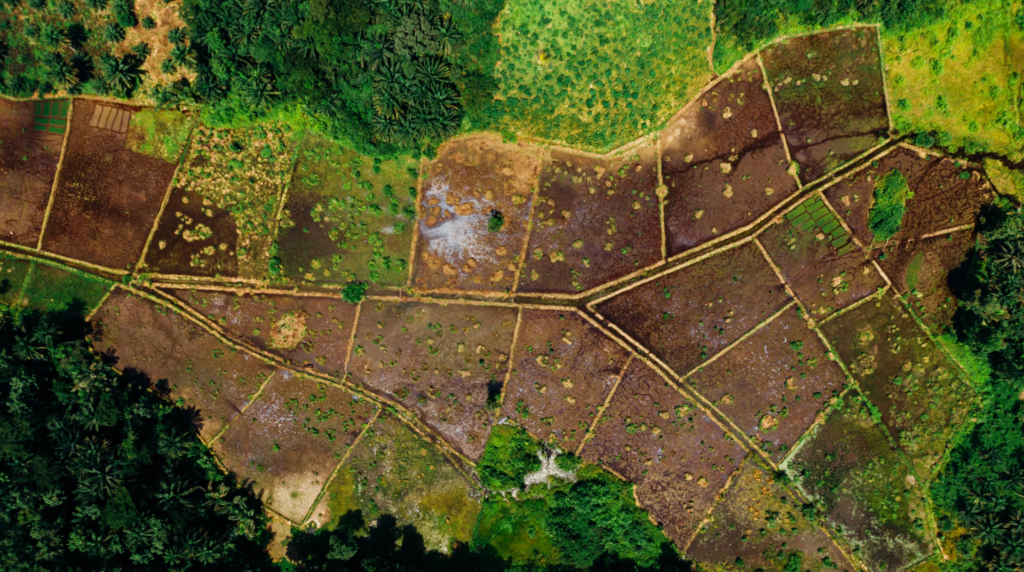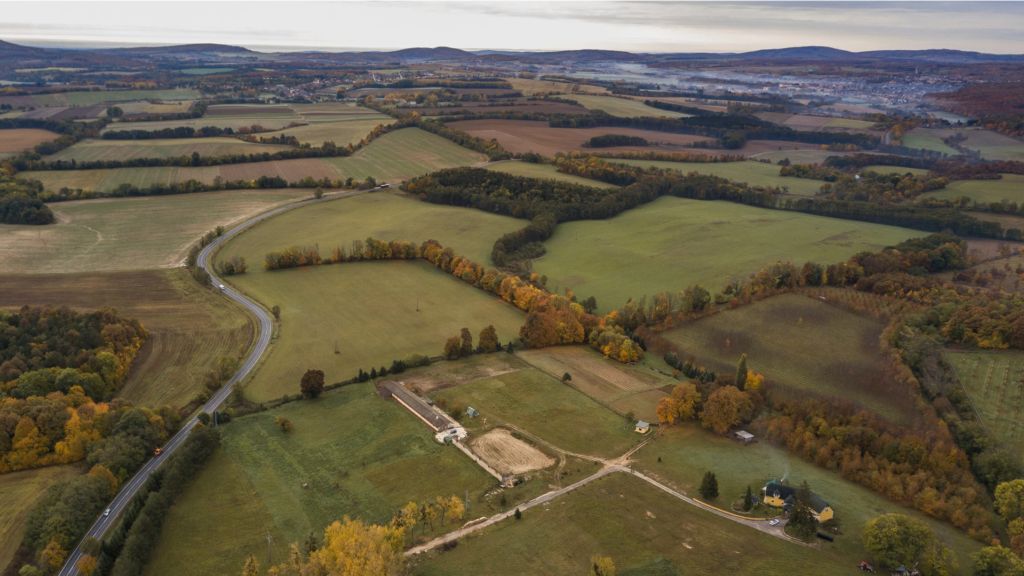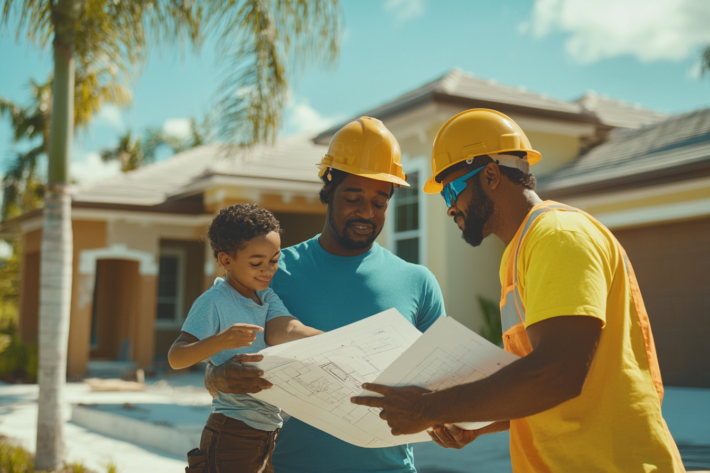Buying Land in Florida: Essential Tips to Make a Smart Investment

Buying Land in Florida
Over time, buying land in Florida is considered to be a sound investment, used for residential, agricultural or simply for investment purpose. Probably due to its versatile climate that ranges from coastal areas to more country like areas, many home buyers opt for homes in Florida.
However, there are several factors that you need to consider before you can go out in the market and make your purchase. This article will provide potential Florida land buyers with all the information they require concerning the process of researching the land for purchase, financing as well as due diligence.
1. Understand Zoning and Land Use
When choosing a piece of land for investment, you must know the zoning regulations of the piece of land being purchased. Zoning ordinances in Florida controls how the land can be used or developed, in residence, agriculture, or commerce.
These restrictions can cover any aspect of your property, including limits on the number of structures, and in some cases the building of structures at all. Every county in Florida has specific zoning laws hence consult the county authorities or contact a real estate agent to confirm the zoning ordinance.
- Types of Zoning in Florida (Residential, Agricultural, Commercial)
- Mixed-use Zones and Future Development Potential

2. Research Flood Zones and Environmental Considerations
As a state located along the southeast part of the United States, Florida’s land is sometimes affected by flood especially along coastal region. Before purchasing any land also consider the area of the land, whether or not it is under flood prone area or even the presence of some features such as wet lands.
It is possible to check these concerns with FEMA flood maps or county GIS tools. Living in a flood area increases insurance premium quote and the value of a property drastically.
- How to Use FEMA Maps
- Environmental Impacts: Wetlands, Erosion, and Wildlife Protections
3. Financing Options for Buying Land in Florida
One major difference between the buying of land and the purchase of homes is that the former may likely need other forms of funding mechanisms. You might require a land loan and these usually require higher down payments (20-25%) and shorter times than a normal mortgage.
Furthermore, you can get an agricultural loan if the purpose of the land is farming. If you are going to construct a house, decide on the construction loan or construction to permanent loan.
- Land Loans vs. Construction Loans
- Farm Credit and Agricultural Loans
4. Due Diligence and Property Inspections in Buying Land in Florida
The most important pre-requirements in buying land are carrying out of a research on the property. This involves title search to establish that the land is free from any encumbrances such as liens, back taxes, etc, road accessibility checks and perhaps physical property assessment.
There are environmental, zoning and general property condition inspections that should be done. You also need to ensure that the seller has not disposed of the property and that there are no boundary issues and disputes.
- How to Conduct a Title Search
- Importance of a Property Survey
5. Budgeting for Buying Land in Florida
As is the case with any other type of property, several other expenses follow the cost of the land when purchasing Florida land. Main common closing costs are title insurance cost, cost of appraisal, and legal charges.
Construction costs include the cost of leveling the ground, laying down utilities, and acquiring construction permits. Moreover, do not forget about suspicious costs like property taxes, insurance, and maintenance etc.
- Closing Costs Breakdown
- Property Tax Considerations in Florida

6. Navigating Legal and Regulatory Requirements
When buying land, be aware of any legal restrictions like homeowner association (HOA) regulations or covenants that may limit your development plans. For example, some rural properties may have restrictions on building certain types of structures, while others may require specific permits to access public utilities.
- HOA Rules and Restrictions
- Easements and Road Access
7. Hiring the Right Professionals in Buying Land in Florida
Working with knowledgeable professionals is essential to ensure a smooth transaction. A real estate agent specializing in land transactions can help you navigate zoning laws, find suitable properties, and negotiate the best price. Additionally, hiring a land surveyor and environmental consultant ensures you thoroughly inspect the property.
- Benefits of Hiring a Real Estate Agent
- The Role of Environmental Consultants
8. Closing the Deal
Once you’ve completed your due diligence, it’s time to close the deal. During the closing process, the buyer and seller sign the necessary documents, and ownership of the land transfers. If you’re using financing, the lender will also finalize the loan at this time. Be prepared to pay any closing costs and ensure all legal paperwork is correctly filed.
- Typical Closing Timeline
- Required Documentation
9. Long-Term Considerations for Landowners
Owning land in Florida comes with ongoing responsibilities. In addition to property taxes, you may need to maintain the land, especially if it’s in a flood-prone or environmentally sensitive area. Many rural landowners also explore property tax exemptions like Florida’s Agricultural Classification, which can reduce annual taxes.
- Property Tax Exemptions (Agriculture, Timber, Wildlife)
- Maintenance and Land Management
FAQs about Buying Land in Florida
1. Can I buy land in Florida without a realtor?
Yes, but it’s highly recommended to work with a real estate agent who understands local zoning laws and can guide you through the process.
2. How do I know if a property is in a flood zone?
You can check FEMA flood maps or consult with local authorities to verify the property’s flood risk.
3. What financing options are available for land purchases?
Land loans, agricultural loans, and construction loans are common financing options for buying land in Florida.
4. What should I consider regarding zoning laws?
Zoning laws determine how the land can be used, so make sure your intended use (e.g., building a home or farm) is allowed.
5. What are the typical closing costs when buying land?
Expect to pay for title insurance, appraisal fees, legal fees, and possibly survey costs.
6. Do I need a survey before buying land?
Yes, a survey is crucial to determine property boundaries and identify potential issues like flooding or encroachments.
Final Thoughts on Buying Land in Florida
Buying land in Florida can be a rewarding investment, but it requires thorough research and careful planning. From understanding zoning laws to securing financing and conducting due diligence, following these steps will help you make a well-informed decision. By working with the right professionals, you can navigate the process smoothly and avoid costly mistakes.
Keep Learning
>> Top Village of Golf FL Properties You Can’t Miss
>> Your Ultimate Guide to Finding the Perfect Home in Wellington FL

